Elementary school teachers play a key role in starting young students on their educational journeys and require specialized training to prepare them for working with children going through a period of rapid intellectual and emotional development.
A bachelor’s degree in elementary education is required to become a certified teacher in most U.S. states, but it can also be a significant investment. To help aspiring educators find the cheapest online elementary education degrees, Intelligent.com compiled this list of high-quality yet affordable online programs. This article also includes information about the career outlook for elementary education, the cost breakdown of an online elementary education degree, and financial aid resources.
Why Trust Us
The Intelligent.com Higher Education Team is dedicated to providing students with independent, equitable school and program rankings and well-researched resources. Our expert-driven articles cover topics related to online colleges and programs, paying for school, and career outlooks. We use data from the U.S. Department of Education’s College Scorecard, the National Center for Education Statistics, and other reputable educational and professional organizations. Our academic advisory team reviews content and verifies accuracy throughout the year for the most current information. Partnerships do not influence rankings or editorial decisions.
- Analyzed over 2,000 national, accredited, and nonprofit colleges and universities
- 800+ rankings pages are reviewed and updated yearly
- Content is informed by reputable sources, surveys, and interviews with academic advisors and other experts
- Over 100 data points are reviewed for accuracy and quality throughout the year, including sources
How we rank schools
Our list features the best Online Elementary Education degree programs at top colleges nationwide. Each school featured is a nonprofit, accredited institution — either public or private — with a high standard of academic quality for post-secondary institutions.
We evaluated each school’s program on tuition costs, admission, retention and graduation rates, faculty, reputation, and the student resources provided for online students. We collected data from trusted sources like the National Center for Education Statistics, individual school and program websites, school admissions counselors, and other data sources. Then, we calculated the Intelligent Score on a scale of 0 to 100 based on the following criterion:
Academic Quality:
- Admission rate versus enrollment rate
- Retention rate of students who return after year one
- Accreditation status (regional and programmatic)
- Nonprofit status, both private and public institutions
Graduation Rate
- Overall graduation rate
- Total number of currently enrolled students, including diversity metrics
- Student-to-faculty ratio
Cost and ROI
- In-state and out-of-state per-credit tuition rates and fees
- Required credits to graduate
- Earning potential after graduation
- Availability of federal student loans, scholarships, and other financial aid options
Student Resources
- Available student services for online-only and hybrid programs
- On-campus amenities like tutoring centers and the number of libraries
Read more about our ranking methodology.
Best 48 Cheapest Online Elementary Education Degree Programs
FiltersInstitution Type
Status
- Intelligent Score
- Alphabetically By University Name
- Acceptance Rate
- Enrollment
- In-state Graduate Tuition
- Out-of-state Graduate Tuition
- In-state Undergraduate Tuition
- Out-of-state Undergraduate Tuition

Fort Hays State University
Intelligent Score: 99.44In-state: $4,140
Out-of-state: $14,580
In-state: $3,726
Out-of-state: $3,726
SAT: N/A
ACT: N/A
$243
Online, On-Campus
Council for Accreditation of Educator Preparation
120

University of Wisconsin-Superior
Intelligent Score: 99.06In-state: $9,273
Out-of-state: $37,161
In-state: $10,728
Out-of-state: $10,728
SAT: 1260-1460
ACT: 27-32
$330
Online, On-Campus
Higher Learning Commission
120-122

Western Governors University
Intelligent Score: 98.45In-state: $6,380
Out-of-state: $6,380
In-state: $7,500
Out-of-state: $7,500
SAT: N/A
ACT: N/A
$255
Online
Council for Accreditation of Educator Preparation
120

Wichita State University
Intelligent Score: 97.47In-state: $6,843
Out-of-state: $16,208
In-state: $5,544
Out-of-state: $5,544
SAT: 1020-1250
ACT: 20-27
$240
Online
Council for Accreditation of Educator Preparation
120
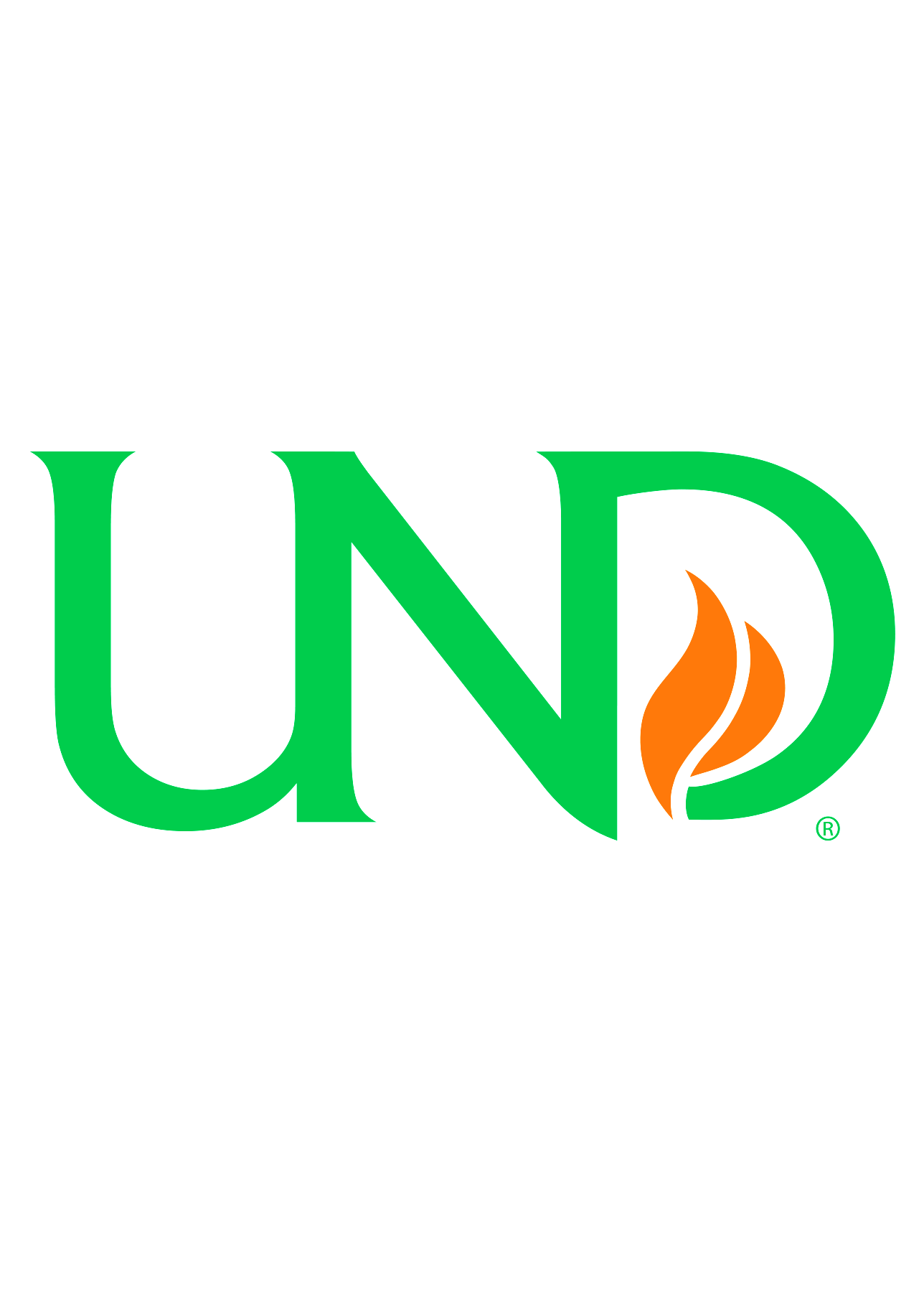
University of North Dakota
Intelligent Score: 96.05In-state: $8,540
Out-of-state: $12,810
In-state: $11,060
Out-of-state: $11,060
SAT: 1000-1230
ACT: 20-27
$385
Online, On-Campus
Council for Accreditation of Educator Preparation
125

University of the Cumberlands
Intelligent Score: 95.98In-state: $9,875
Out-of-state: $9,875
In-state: $4,282
Out-of-state: $4,282
SAT: 930-1140
ACT: 19-24
$220
Online
Council for Accreditation of Educator Preparation
120
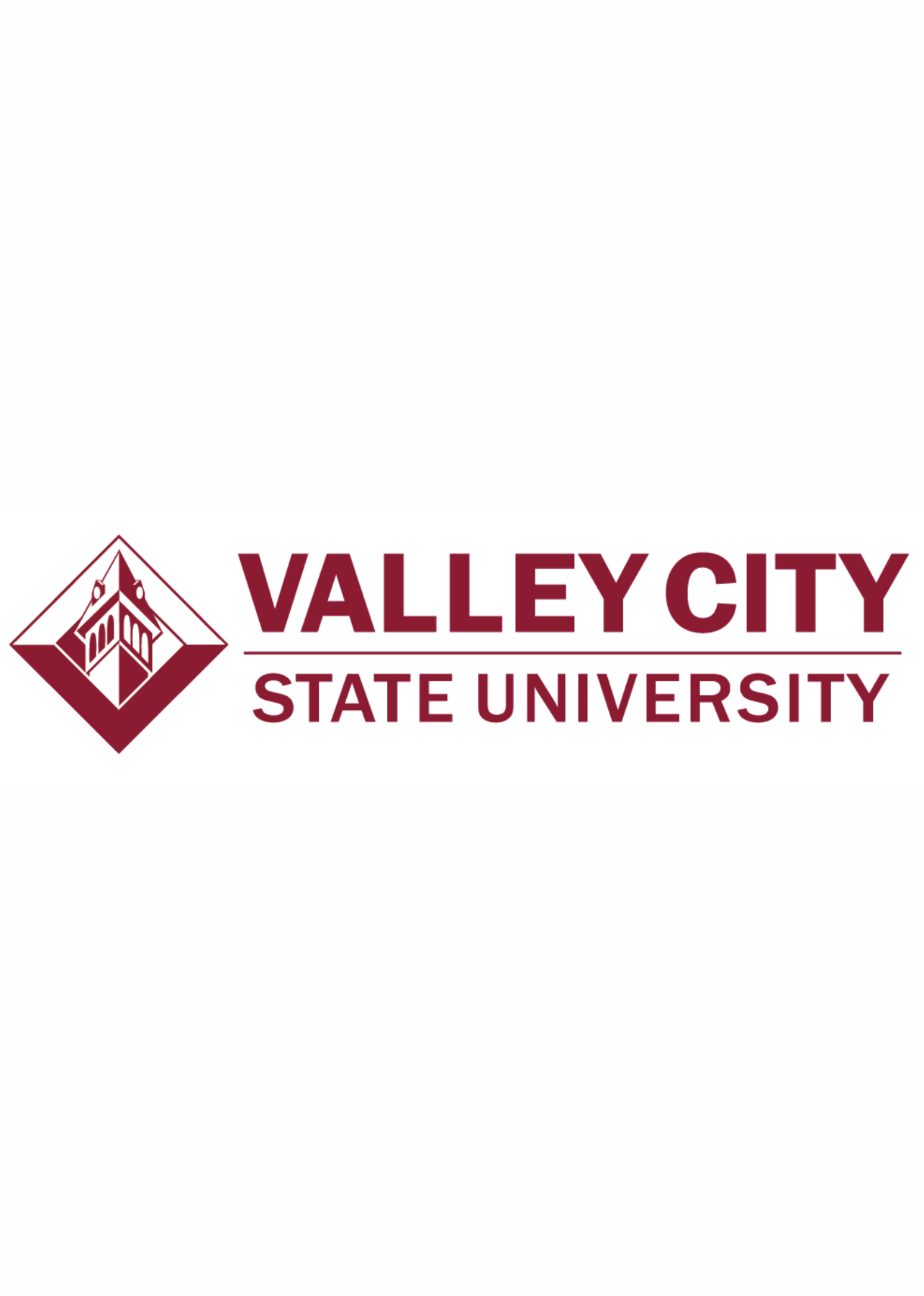
Valley City State University
Intelligent Score: 95.74In-state: $6,119
Out-of-state: $10,709
In-state: $6,106
Out-of-state: $6,106
SAT: 880-1070
ACT: 17-22
Resident: $221-$276
Non-Resident: $386
Online, On-Campus
Council for Accreditation of Educator Preparation
120-131

University of Southern Mississippi
Intelligent Score: 95.43In-state: $8,786
Out-of-state: $10,786
In-state: $8,786
Out-of-state: $8,786
SAT: N/A
ACT: 19-26
$402
Online
Council for Accreditation of Educator Preparation
121
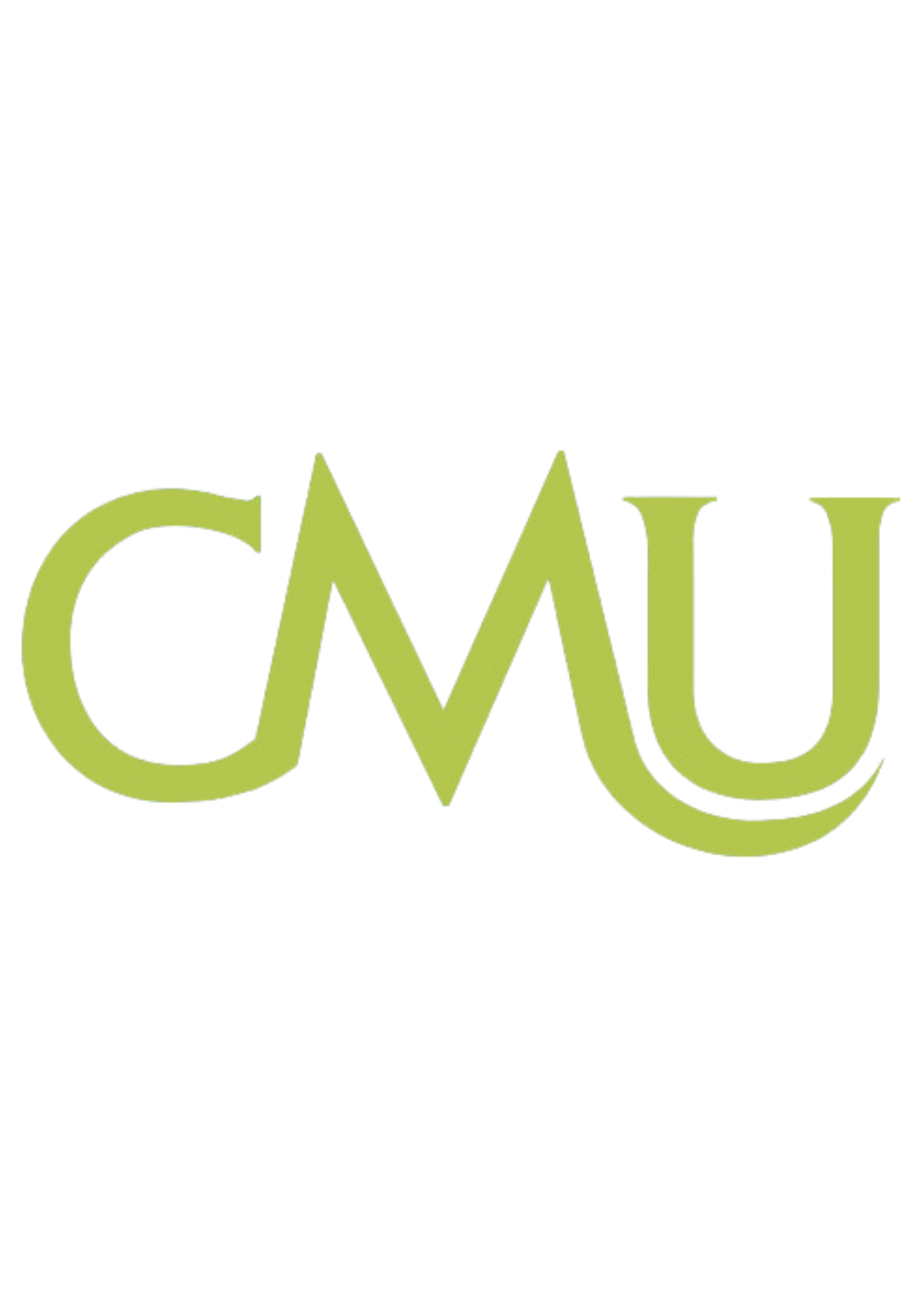
Central Methodist University
Intelligent Score: 95.37In-state: $5,950
Out-of-state: $5,950
In-state: $6,075
Out-of-state: $6,075
SAT: N/A
ACT: N/A
$275
Online, On-Campus
Higher Learning Commission
120
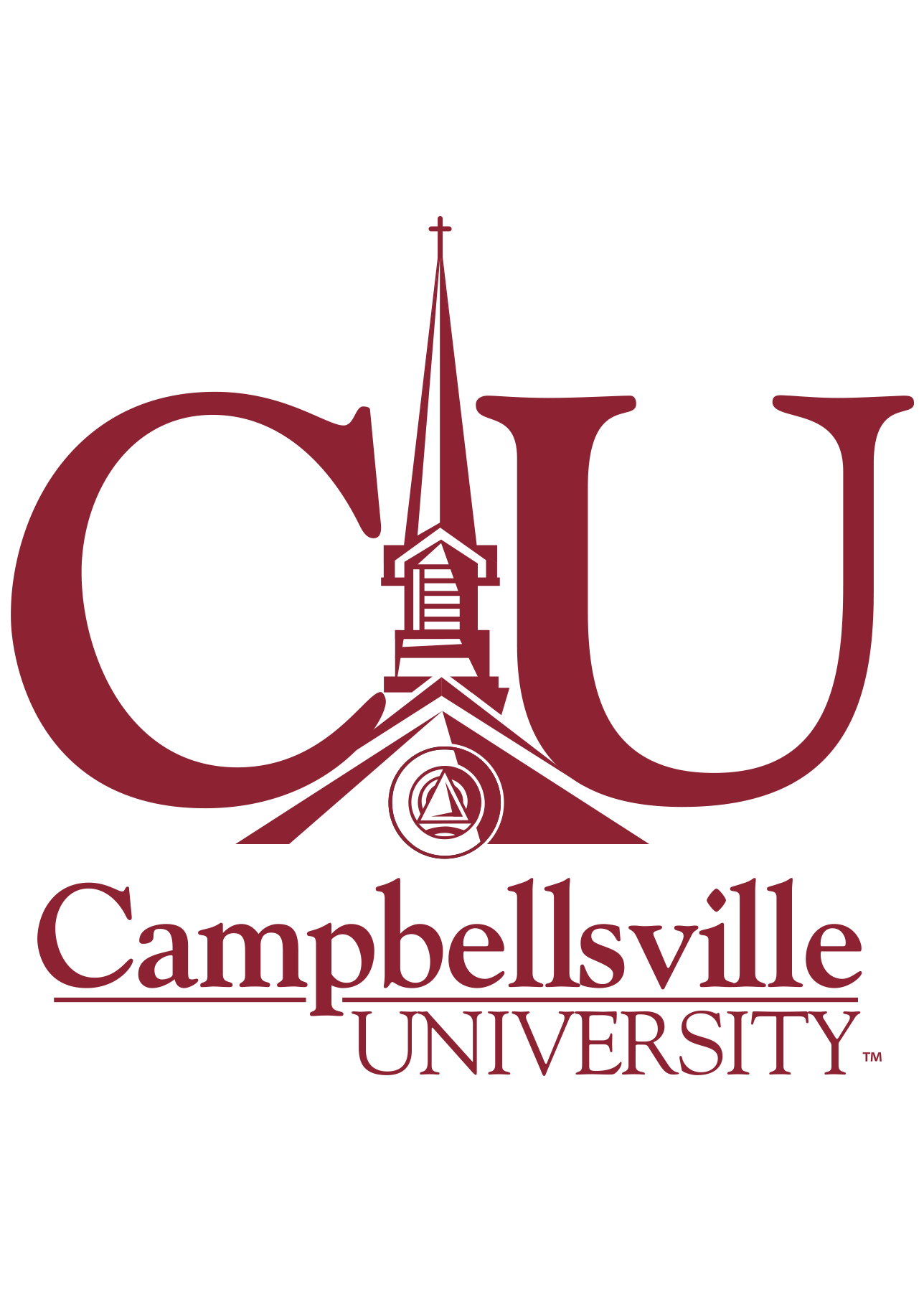
Campbellsville University
Intelligent Score: 94.22In-state: $24,900
Out-of-state: $24,900
In-state: $8,473
Out-of-state: $8,473
SAT: N/A
ACT: N/A
$424
Online
Council for Accreditation of Educator Preparation
123
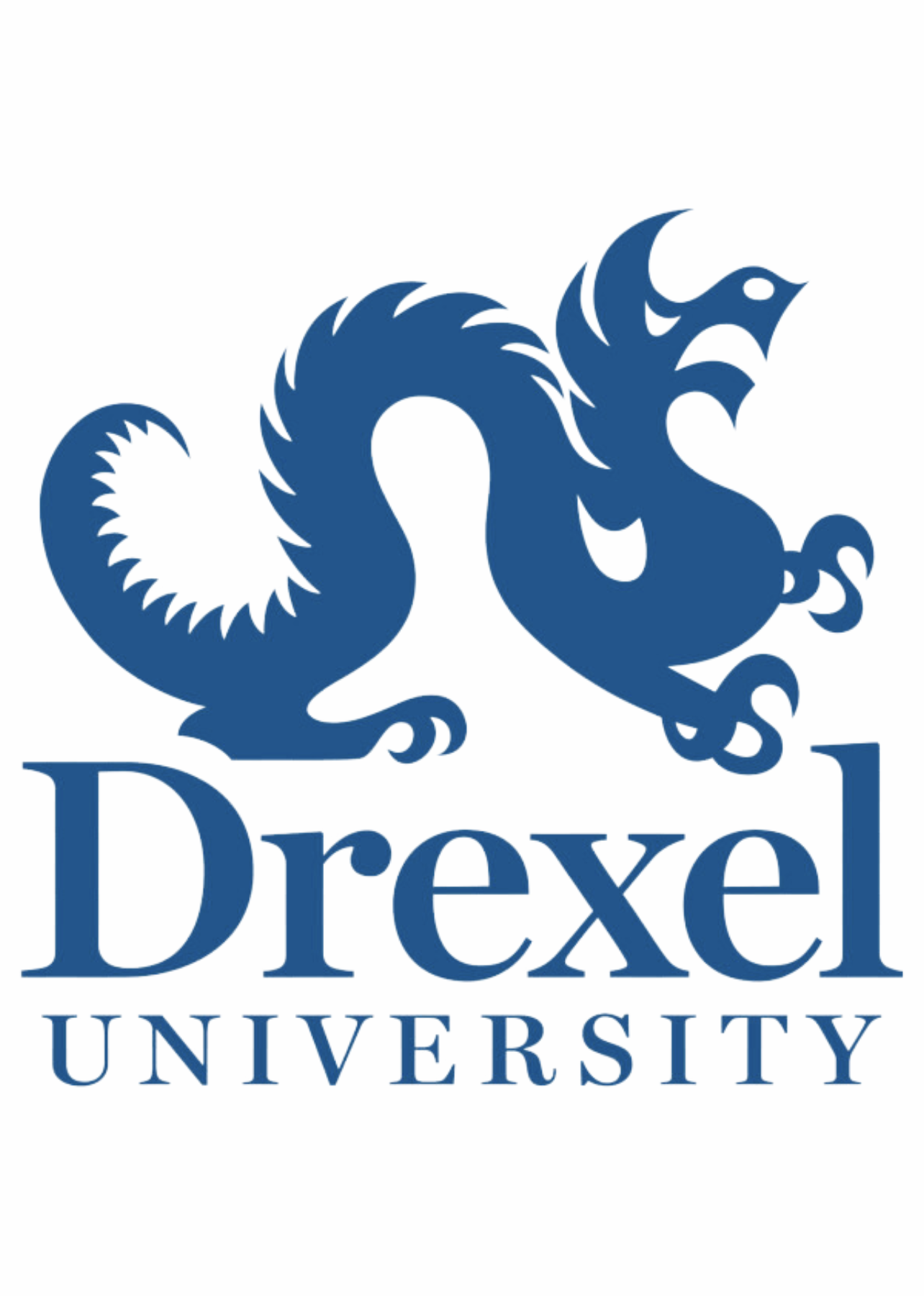
Drexel University
Intelligent Score: 92.68In-state: $53,868
Out-of-state: $53,868
In-state: $36,234
Out-of-state: $36,234
SAT: 1180-1380
ACT: 25-31
$459
Online, On-Campus
Council for Accreditation of Educator Preparation
120-123
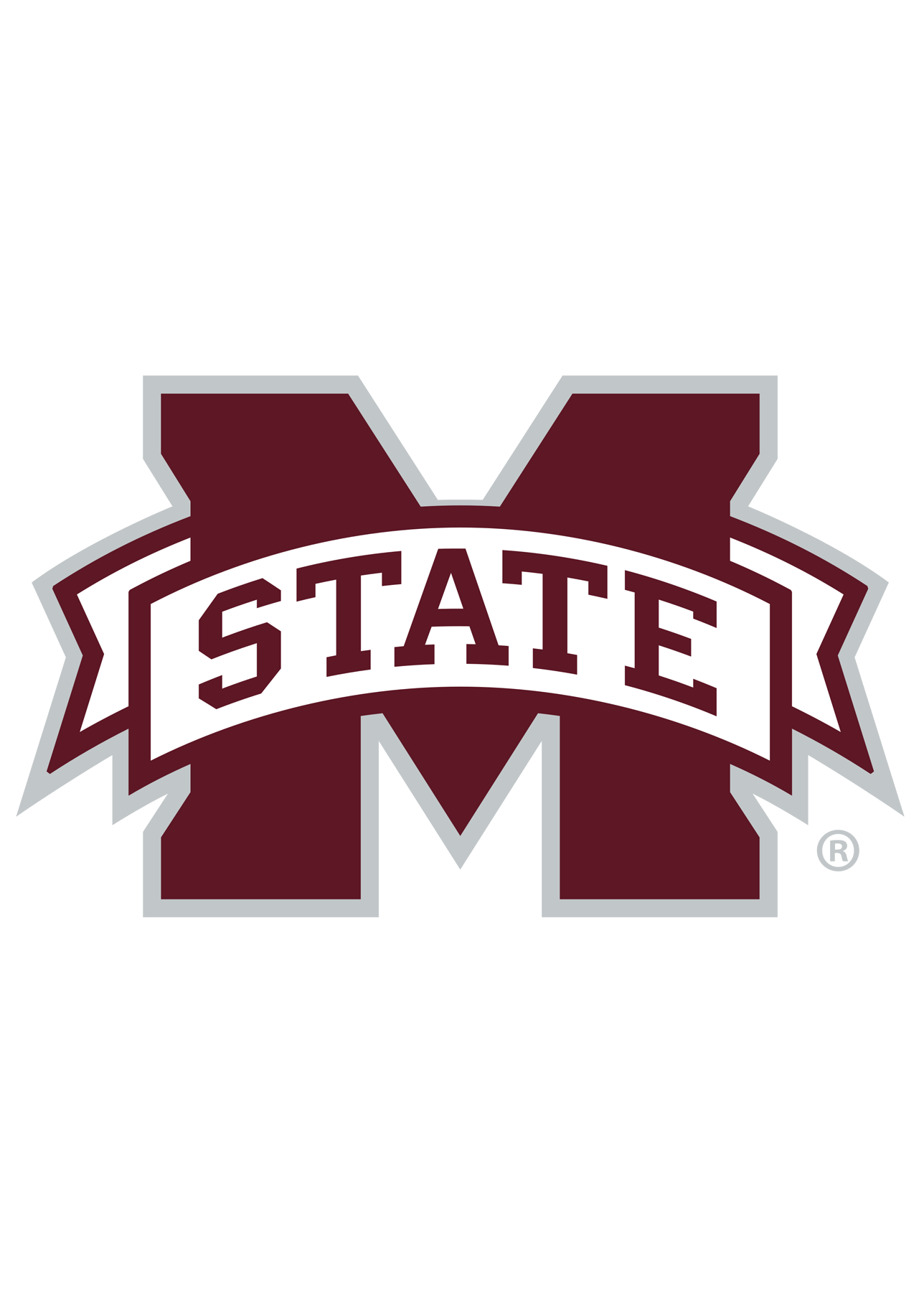
Mississippi State University
Intelligent Score: 91.95In-state: $8,800
Out-of-state: $23,840
In-state: $8,800
Out-of-state: $8,800
SAT: 1050-1270
ACT: 22-30
$403
Online
Council for Accreditation of Educator Preparation
120
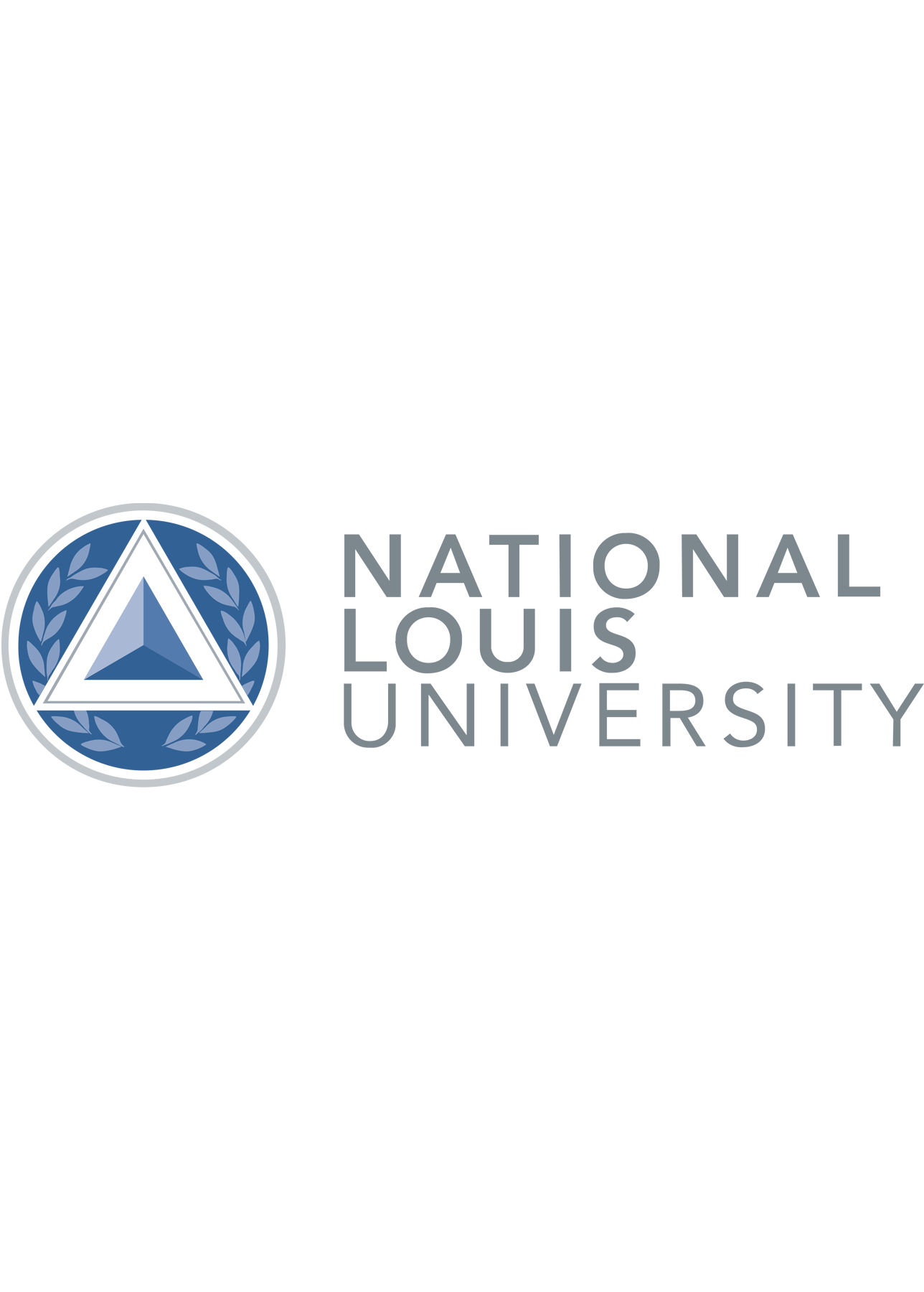
National Louis University
Intelligent Score: 91.73In-state: $13,419
Out-of-state: $13,419
In-state: $11,646
Out-of-state: $11,646
SAT: N/A
ACT: N/A
$430
Online, On-Campus
Council for Accreditation of Educator Preparation
120
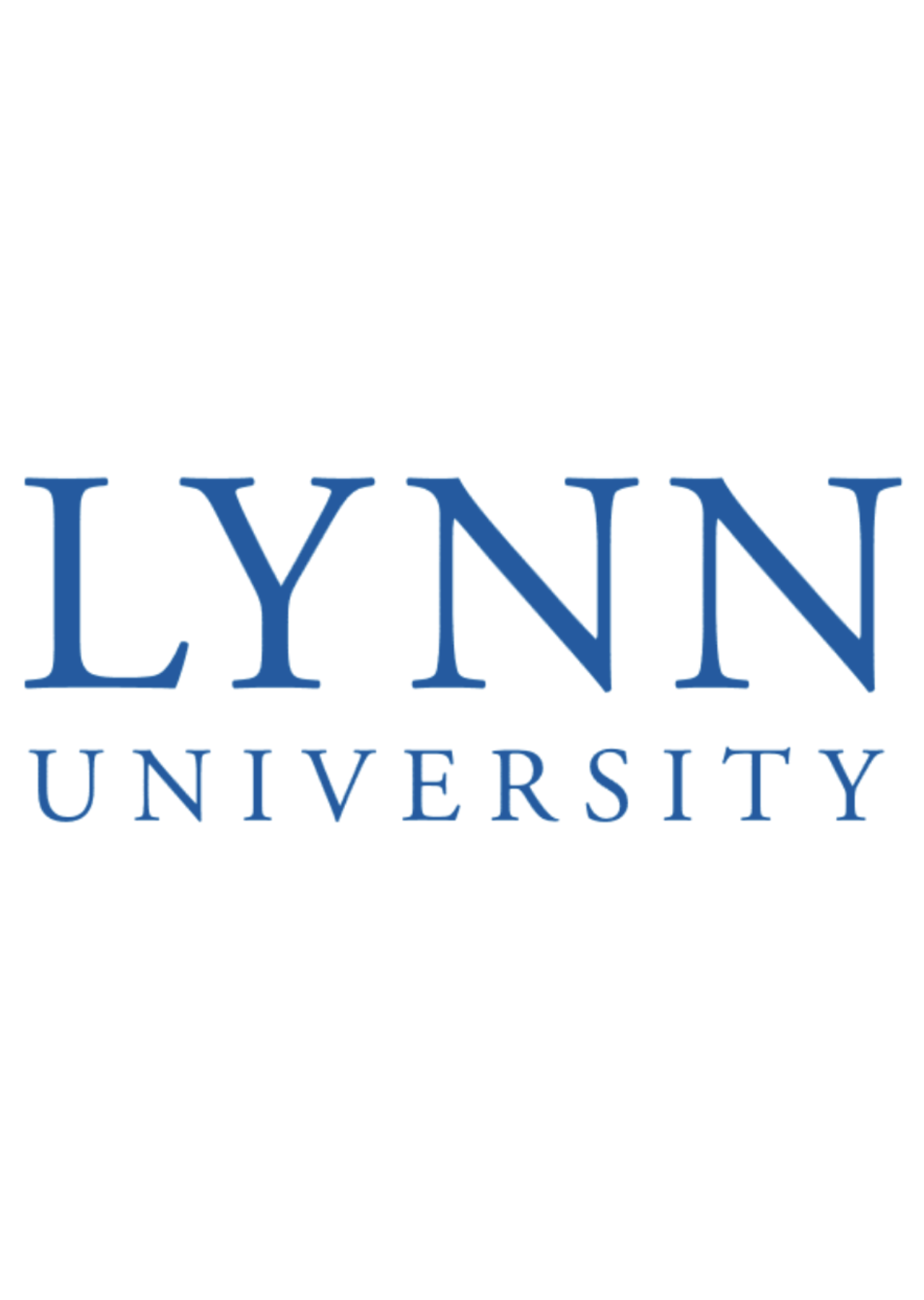
Lynn University
Intelligent Score: 91.46In-state: $37,600
Out-of-state: $37,600
In-state: $13,320
Out-of-state: $13,320
SAT: N/A
ACT: N/A
$375
Online
Florida Department of Education
120

Liberty University
Intelligent Score: 90.93In-state: $14,791
Out-of-state: $14,791
In-state: $7,935
Out-of-state: $7,935
SAT: 1040-1250
ACT: 21-29
$455
Online
Council for Accreditation of Educator Preparation
120
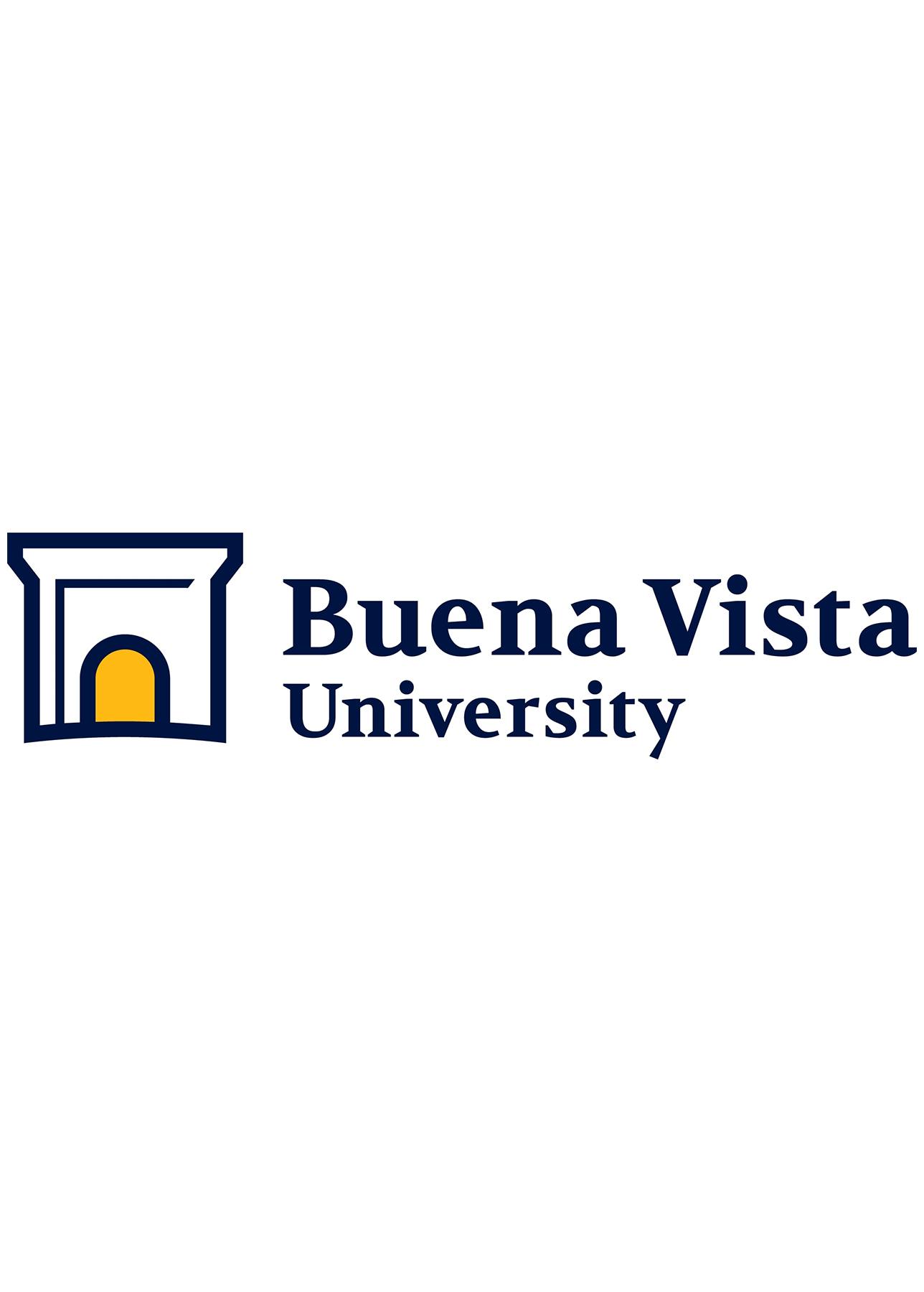
Buena Vista University
Intelligent Score: 90.17In-state: $36,426
Out-of-state: $36,426
In-state: $9,936
Out-of-state: $9,936
SAT: N/A
ACT: N/A
$475
Online, On-Campus
Council for Accreditation of Educator Preparation
120
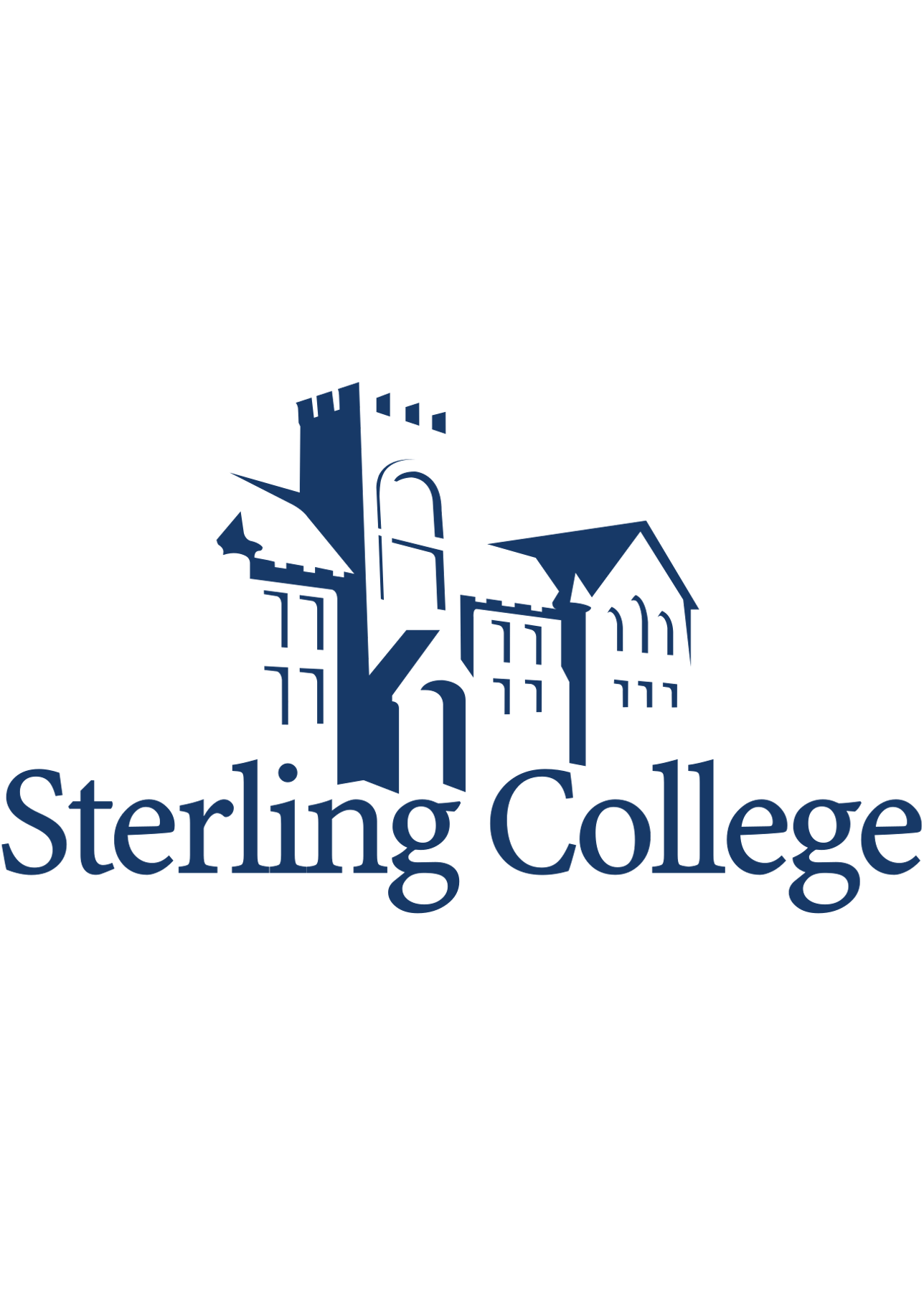
Sterling College
Intelligent Score: 89.85In-state: $26,000
Out-of-state: $26,000
In-state: $13,860
Out-of-state: $13,860
SAT: 900-1080
ACT: 18-25
$145
Online
Higher Learning Commission
120
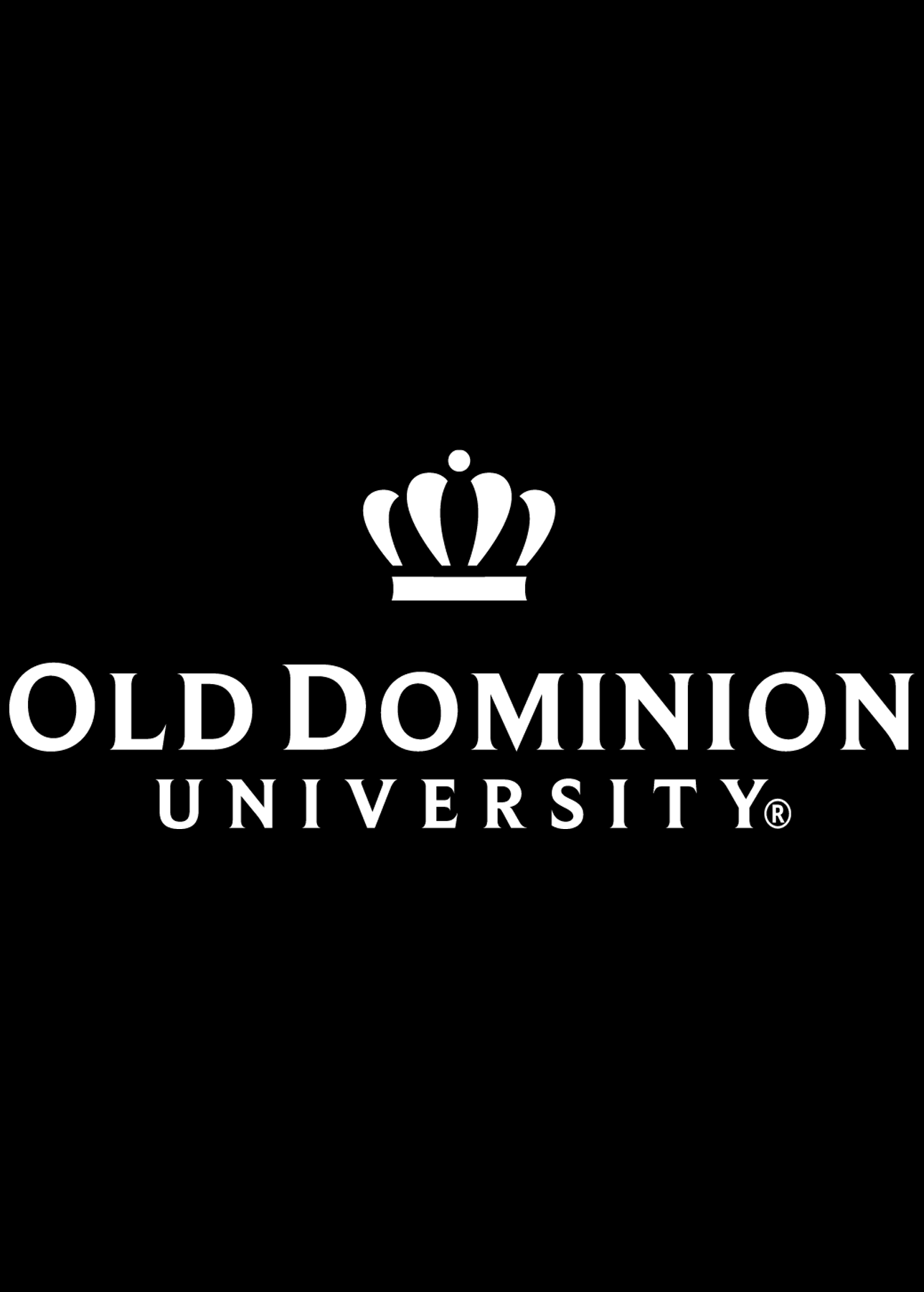
Old Dominion University
Intelligent Score: 88.82In-state: $7,029
Out-of-state: $26,664
In-state: $10,207
Out-of-state: $10,207
SAT: 960-1170
ACT: 18-25
Resident: $408
Non-Resident: $439
Online
Council for Accreditation of Educator Preparation
120
Cost Breakdown for an Online Elementary Education Degree Program
While there are some cost savings associated with online degree programs, such as not paying for on-campus room and board, there are a number of expenses students must be aware of when creating their budget.
Tuition
The primary cost of an online degree program, tuition is assessed either as a flat, per-term fee (usually for full-time students) or by credit hour (for part-time students). Tuition rates vary by type of institution and can range from less than $100 per credit hour to several thousand dollars per credit hour, depending on the school.
Fees
Many online programs come with additional fees to cover various services and resources, which may include technology, library, and registration fees. Some universities charge additional fees for each online course you take — resulting in an “online course fee” — and many will charge a graduation fee when the time comes to cover the cost of processing your degree and providing diplomas.
Personal technology
Having a reliable computer and internet access is essential for succeeding in an online elementary education program. If you’re participating in virtual classes, you may also need a webcam and microphone. Before starting your program, assess your current computer and internet setup and determine if you need to upgrade. Check to see if your school partners with retailers or technology companies to offer discounts for students on computers and other tech supplies.
Books and learning materials
Whether they’re hardcover or digital, you’ll need textbooks for some or all of your classes. According to the Education Data Initiative, the average undergraduate student pays $339 to $600 for textbooks and supplies in one academic year. Some universities and websites offer textbook rentals, which allow students to return their books at the end of the school year for a lower fee.
Field experience costs
Most elementary education degree programs include field experiences, such as teaching practicums or student teaching, so students can gain classroom experience before becoming teachers. Costs associated with completing field experience requirements include transportation (gas, parking, public transit), professional, school-appropriate attire, and the potential for lost wages if it’s necessary for you to take time off work while completing student teaching.
Factors Influencing the Cost of an Online Elementary Education Degree
Understanding the factors that influence what schools charge for elementary education degree programs will help you find the most affordable options.
Public vs. private institution
Public schools receive federal and state government funding to help them make tuition more affordable, particularly for students who reside in the state where the school is located. Public institutions typically charge out-of-state students a higher tuition rate to offset the subsidized costs for in-state students. However, some schools charge online students the same tuition rate, regardless of where they live.
Meanwhile, private schools don’t receive government funding and must therefore earn revenue through tuition, endowments, donations, and investments. Private school tuition is often higher than tuition at public schools, although they charge all students the same tuition, regardless of their state of residency.
Student residency status
Students who qualify for in-state residency at public institutions will typically pay the lowest tuition rates. For out-of-state students, public university tuition can be similar in price to private school tuition.
Non-profit vs. for-profit
A school’s status as a non-profit or for-profit also impacts its tuition. All public colleges and most private colleges in the U.S. are non-profit. These schools must reinvest their revenue into the institution in the form of faculty and staff salaries, infrastructure, student resources, and more. For-profit colleges are designed to turn a profit for investors and shareholders and typically invest less revenue into their educational programs, which can impact the quality of education students receive. Tuition may be lower at for-profit institutions, but students should be aware of the difference in educational quality between the two types of schools before enrolling in a for-profit college. If you’re considering a for-profit college, research the institution and company that operates it to ensure you’ll get the proper training and a legitimate degree for your money.
Student military status
Colleges typically offer a tuition discount to active-duty military personnel, veterans, and their dependents to support military education. In addition, veterans may have access to GI Bill benefits or the Yellow Ribbon Program, which are designed to help eligible students cover some or all of their tuition expenses for eligible online degree programs.
How to Pay for an Online Elementary Education Degree
Scholarships
Scholarships are a key way to help students pay for an online elementary education degree, as they don’t require repayment. There are multiple types of scholarships available, including:
- Merit-Based Scholarships: These scholarships are based on academic achievement, talents, or accomplishments. They are often competitive and consider factors like GPA and standardized test scores.
- Need-Based Scholarships: Schools and organizations offer scholarships to students who have demonstrated financial need. To be considered for need-based scholarships, students must typically submit a FAFSA form.
- Field-Specific Scholarships: Many organizations offer scholarships tailored to specific fields of study, including education-related majors.
- Diversity Scholarships: These scholarships aim to increase diversity and inclusion in higher education. They may be awarded to underrepresented groups, including minorities, women, LGBTQ+ students, and individuals with disabilities.
Grants
Similar to scholarships, grants are considered gift aid because they don’t require repayment. Eligibility is often based on factors like financial need, academic achievement, field of study, and demographic characteristics. Some common grants are:
- Pell Grant: The Pell Grant is a need-based federal program for undergraduate students. The FAFSA determines eligibility.
- Institutional Grants: Colleges often provide grants to eligible students, including those pursuing degrees in Early Childhood Education.
- Teacher Education Assistance for College and Higher Education (TEACH) Grant: The TEACH Grant is a federal program designed to assist students who plan to become teachers in high-need fields, including early childhood education.
Employer tuition assistance
Many employers offer tuition assistance benefits to employees pursuing higher education in relevant fields. This benefit can significantly reduce out-of-pocket expenses and student loan reliance while allowing you to build upon your qualifications. If you’re working while earning your elementary education degree, speak with HR to learn about tuition assistance benefits, eligibility requirements, and application processes.
Out-of-pocket
Paying your tuition out-of-pocket will cover costs without relying on financial aid or loans. For example, some students may use savings to cover tuition, while others might seek part-time employment to offset costs. Most students pay some tuition out of pocket while using loans, scholarships, grants, and other sources to cover their balance. If you’re paying some or all tuition out-of-pocket, inquire with your school’s financial aid office about paying in installments throughout the term or academic year.
Federal student loans
The U.S. Department of Education’s federal student loan program offers both subsidized and unsubsidized loans to undergraduate students. Congress sets the interest rates and repayment terms for federal student loans, which are generally more favorable than private education loans. To determine eligibility for federal student loans, students and their families (if students are dependents) must complete the Free Application for Federal Student Aid (FAFSA). More information about the FAFSA and student loans is included in the next section.
Private education loans
Private education loans are another option for funding your bachelor’s degree, but they should generally be used as a last resort after exhausting federal financial aid options, scholarships, and grants. Individual lenders, such as Sallie Mae, Ascent, and SoFi, set interest rates and repayment terms based on borrower’s credit history and current market rates. Therefore, the terms of private education loans are usually less favorable than those of federal student loans. If you’re planning on using private education loans to pay for your degree, keep an eye on interest rates and compare lenders to get the best terms possible.
Work-study
Work-study programs provide opportunities for students to earn money to cover education-related expenses while gaining valuable work experience. You can apply for Federal Work-Study (FWS) by submitting the FAFSA and indicating your interest in work-study funding. Check with your school to find out if they have work-study positions available for remote students.
Elementary Education Career Outlook
Elementary education teachers work with young students (typically kindergarten through 6th grades) in public and private school settings. Early elementary school teachers usually provide instruction in a variety of subjects, while teachers for grades 4-6 may specialize in an area of education, such as math or English.
The Bureau of Labor Statistics predicts that there will be little or no change in the employment of elementary education teachers through 2032 and that there will be an average of 109,000 job openings for new teachers each year during that time. The median annual wage for elementary school teachers is $63,680.
Job opportunities for elementary teachers will also vary by location, with demand being higher in some states than others. This is something to consider when deciding where you want to get your teaching certification.
With additional education, elementary teachers can move from the classroom to leadership roles within schools and school districts. Students can earn master’s degrees in areas like curriculum and instruction, educational leadership, and assessment and measurement to help them advance in the education field.
Applying for Financial Aid
To learn more about navigating the financial aid application process and completing the Free Application for Federal Student Aid (FAFSA), check out Intelligent.com’s Ultimate FAFSA Guide. This resource provides valuable insights and tips to help you maximize your financial aid opportunities and make informed decisions about paying for your education.
Student loan forgiveness and repayment
In the United States, the state of student loan forgiveness is a hotly debated topic. There are currently two programs, Teacher Loan Forgiveness, and Public Service Loan Forgiveness, which will forgive federal student loans for teachers working in low-income schools or individuals working in public service who also meet certain eligibility criteria.
For any student using loans to pay for their education, it should come with the expectation that whatever they borrow, they will repay in full, with interest. Therefore, it’s important to borrow wisely, says independent college counselor Dana Marvin.
“Borrow only what you need and nothing more,” Marvin says. “For example, if you’re eligible to take out a $12,500 loan but only need $8,000, there’s no need to take out a loan for those extra funds. Every dollar you take out in a loan will be paid back and with interest.”
If possible, Marvin says students should begin repaying loans before they finish their degree program.
“You can begin paying off your loans as soon as the funds have been disbursed,” she says. “Even paying off a few hundred or thousand dollars before finishing school can make a huge difference to those loan amounts post-graduation.”
She also advises students and families to be realistic about their financial situation and what they can reasonably afford to pay for a degree.
“If attending a certain pricy college is going to put a family into major debt and require potentially dangerous financial decisions, such as taking out a second mortgage on a home or withdrawing from a retirement account early, it may mean a hard conversation of choosing a different school,” she says.
How to Choose the Online Elementary Education Degree Program That’s Right For You
Even if finding the cheapest online elementary education degree program is your top priority, there are other factors to consider when choosing the program that’s right for you.
One factor is program logistics. Do you want an asynchronous or synchronous program? Think about what you need in terms of flexibility, learning modalities, and academic support. Decide whether you will enroll full-time or part-time and if you want a fully remote or hybrid program. Review in-person field experience requirements, like student teaching, and determine how you will fit that into your schedule.
Another consideration is accreditation status. Verify that the institution is accredited by a regional accrediting body through the Department of Education’s accreditation database and that the program is accredited by the Council for the Accreditation of Educator Preparation (CAEP). These accreditations are essential for financial aid eligibility, teaching credentials, and future education opportunities. Also, confirm that the program meets your state’s educational requirements for teaching credentials, as these requirements may vary based on location.
Visit schools’ websites and speak to admissions counselors, faculty, and current students to learn more about the program’s curriculum, field experiences, networking opportunities, graduation rates, and more. Review admissions policies to confirm that you meet the program’s eligibility criteria.
To apply to an online elementary education degree program, applicants must typically submit the following:


